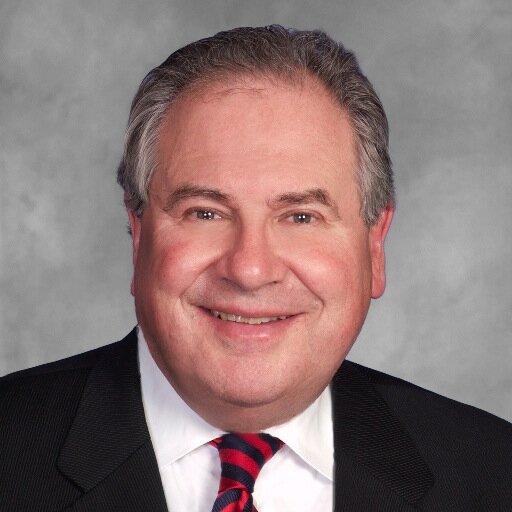STEVE LeBLANC, Associated Press
BOSTON (AP) — Massachusetts House lawmakers are being asked to consider lifting the rule that limits House speakers to four two-year terms.
A copy of proposed rules to be debated by lawmakers today would eliminate an existing rule stating “no member shall hold, for more than eight consecutive years, the office of Speaker of the House.”
The proposed rules were sent to lawmakers yesterday.
Under the existing rule, Robert DeLeo, elected speaker in 2009, would have to step down in 2017.
DeLeo had pushed for the term limit when he became speaker. The change would allow the Winthrop Democrat to remain speaker as long as he continues to be elected by the chamber.
A spokesman for DeLeo declined to comment on the proposed change.
Rep. Garrett Bradley, a Hingham Democrat and member of DeLeo’s leadership team, supports the change.
Bradley said the term limit puts DeLeo at a disadvantage during negotiations with newly elected Republican Gov. Charlie Baker and new Senate President Stanley Rosenberg, an Amherst Democrat.
Bradley said DeLeo would be seen as lame duck.
While DeLeo would benefit from the change, Bradley said the elimination of term limits is about the balance of power on Beacon Hill.
“This is really about the House and how the House is going to be perceived in serious negotiation with the Senate and the governor,” he said. “It weakens us as a branch.”
Bradley said DeLeo came to the decision recently. When DeLeo told his leadership team he was thinking of deleting the term limits section, the reaction was positive, Bradley said. He said DeLeo hasn’t asked them to lobby other House members.
The House plans to discuss the change during a closed-door caucus Thursday before debating the changes publicly.
Not everyone supports the change.
The group Common Cause Massachusetts issued a statement yesterday arguing in favor of term limits, saying they serve an important function, given that speakers, despite their power, aren’t subject to statewide election. They said without term limits, a speaker must either be deposed, be forced out due to ethical problems or leave of their own will, typically after hand-picking a successor.
“Ultimately term limits are about keeping political power in check and about how to best ensure a thoughtful, predictable, and regular transition of power,” the group said.
DeLeo asked lawmakers in 2009 to reinstitute the eight-year term limit to restore public trust in state government after Democratic predecessors Thomas Finneran and Salvatore DiMasi left the speaker’s office under an ethics cloud.
At the time, DeLeo told The Boston Globe that his proposal to limit the terms of House speakers was largely symbolic, since speakers rarely serve more than eight years.
In a 2010 news release, DeLeo listed among the accomplishments of the 2009-2010 House session the passage of a “broad rules reform package,” which included the reinstitution of the eight-year term limit for speaker.
Former Senate President Therese Murray served the maximum four two-year terms and decided not to run for re-election last year. The Plymouth Democrat in 2007 became the first woman to lead either chamber.
Massachusetts has a recent history of former speakers running into criminal or ethical trouble.
DiMasi was sentenced in 2011 to eight years in federal prison for using his influence to steer $17.5 million in state contracts to a software firm in exchange for kickbacks. The sentence was the stiffest ever imposed on an elected official in Massachusetts in a public corruption case
Finneran, who preceded DiMasi as speaker, was indicted after leaving office for lying during his testimony in a redistricting lawsuit. He eventually pleaded guilty to obstruction of justice.
The speaker who preceded Finneran — fellow Democrat Charles Flaherty — was also forced from office after pleading guilty to a federal felony tax charge.


